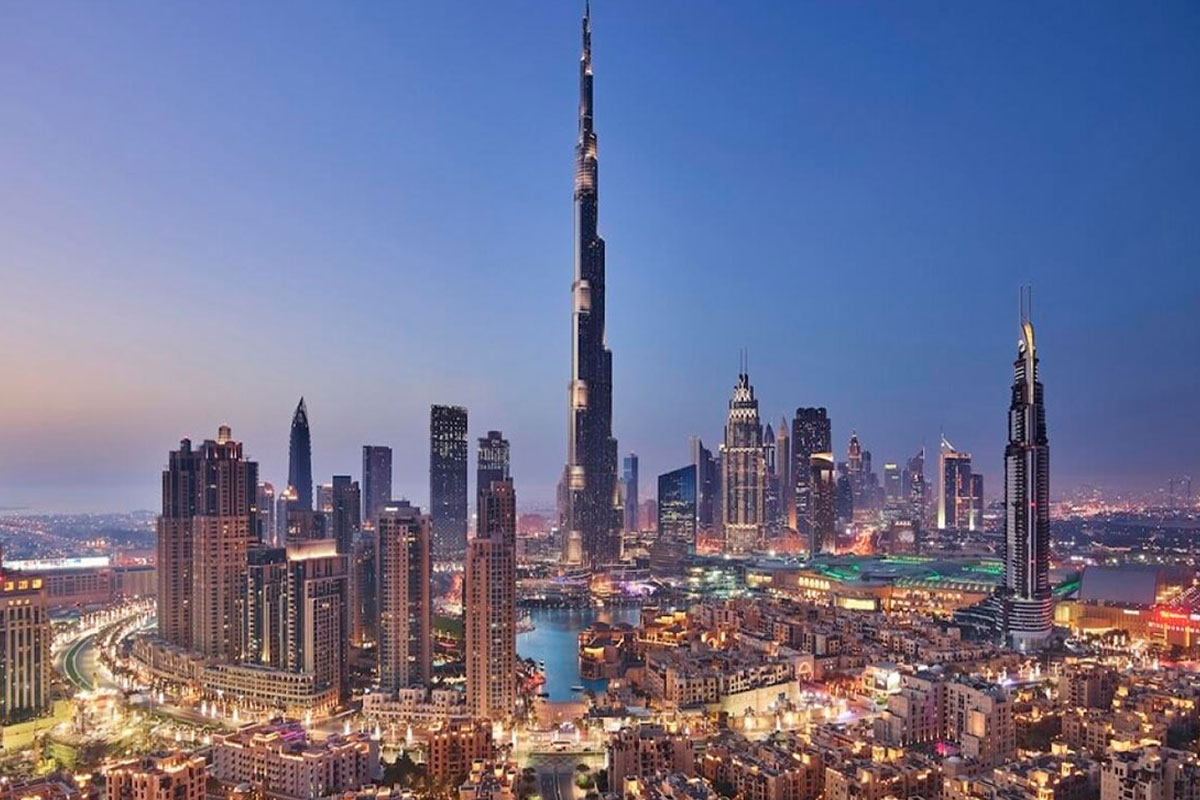Dubai: New Property Launches Surge as Homeownership Demand Rises
Dubai's property market is experiencing an unprecedented surge in new developments, with a strong focus on residential offerings driven by robust demand from both end-users and tenants eager to own homes in the city. As the emirate's population continues to grow rapidly, reaching a notable 140,000 increase in the first 11 months of 2024, developers are keen to cater to this growing demand, which has seen both property prices and rents reach historic highs.
The influx of over 100,000 new residents in 2023, many of whom are high-net-worth individuals and affluent professionals, has created a perfect storm of demand for real estate. Developers are responding in kind, launching new projects at an accelerated pace. In just the first nine months of 2024, residential transactions in Dubai exceeded 125,000, marking a 36% increase over the same period in 2023. The total value of these transactions reached Dh119 billion, with Dh86 billion dedicated to off-plan properties and Dh33 billion to completed homes.
Several major developers, including Amwaj Development, Nabni Developments, Acube Developments, Kasco Developments, and Qube Development, have recently unveiled new projects, signaling the market’s continued vitality. According to Betterhomes’ Q3 2024 report, over 250,000 homes are currently under construction, ensuring a steady stream of supply to meet future demand.
- 1.Strong Demand Fuels Competitive Market
Richard Waind, CEO of Betterhomes, highlighted that the market is “sizzling hot,” with the third quarter of 2024 setting a new record for property transactions in Dubai. In total, over 47,300 properties were sold, with off-plan sales accounting for 66% of these transactions. Secondary sales have remained stable, further solidifying the strength of the market.
In this competitive environment, developers are offering enticing financial terms to attract buyers. Some, like Nabni Developments, are introducing payment structures where 40% of the payment is due during construction, with the remaining 60% payable upon project completion. Other major developers have even more favorable terms, such as 80% during construction and 20% at completion.
- 2.Innovation and Sustainability at the Core
As developers work to meet growing demand, there is a marked shift towards sustainability and innovative designs. New residential projects emphasize energy efficiency, low-maintenance materials, and durability, providing long-term cost savings for residents. Many of these developments also feature cutting-edge amenities designed to appeal to a diverse range of buyers, from affluent professionals to young families.
For example, Nabni Developments’ Avenue Residence 7, an Emirati-inspired off-plan project in Al Furjan, combines local heritage with contemporary design. The development features traditional elements like the Barjeel wind towers and dhows, along with modern amenities such as two outdoor swimming pools, a fitness studio, a jogging track, a children’s play area, and a tranquil Ghaf garden. Scheduled for completion in early 2027, the project highlights the growing demand for family-friendly living spaces in Dubai.
Amwaj Development’s The Cube Residences is another standout project, offering 54 uniquely designed apartments equipped with advanced home automation systems. Residents will also enjoy an array of amenities, including a co-working space, concierge services, 24/7 security, and a rooftop fitness club. This development is a prime example of how Dubai's real estate market is increasingly embracing smart home technology and lifestyle-oriented features.
- 3.Local Economic Impact
The launch of new developments is not just boosting the property market but also contributing to the local economy. Acube Developments, for example, has established Acube Industries, an interior design and manufacturing facility aimed at reducing import costs and providing high-quality services to the region’s developers. This move not only enhances Acube’s capabilities but also offers value to other developers in the area by reducing costs and improving efficiency.
- 4.Conclusion
With Dubai’s population growth and ongoing macroeconomic expansion, demand for property ownership continues to soar, pushing developers to meet the market’s needs with innovative, sustainable, and high-quality projects. The future of Dubai's real estate sector looks bright, with a steady pipeline of new homes and developments that promise to cater to an increasingly diverse and affluent population.


